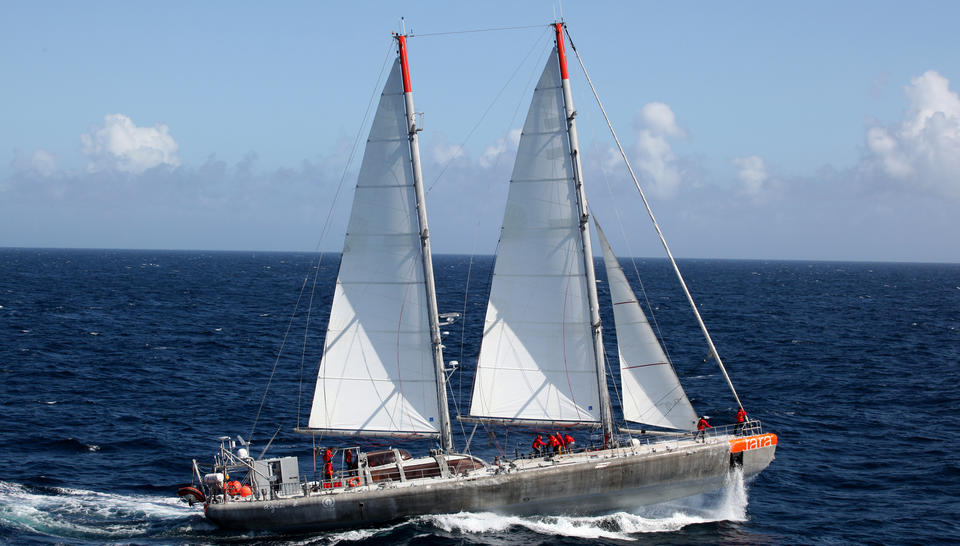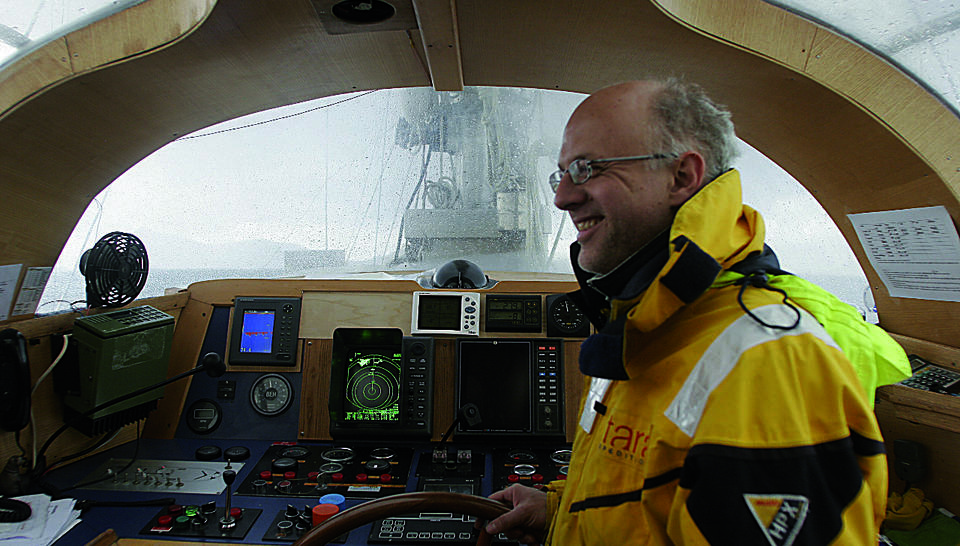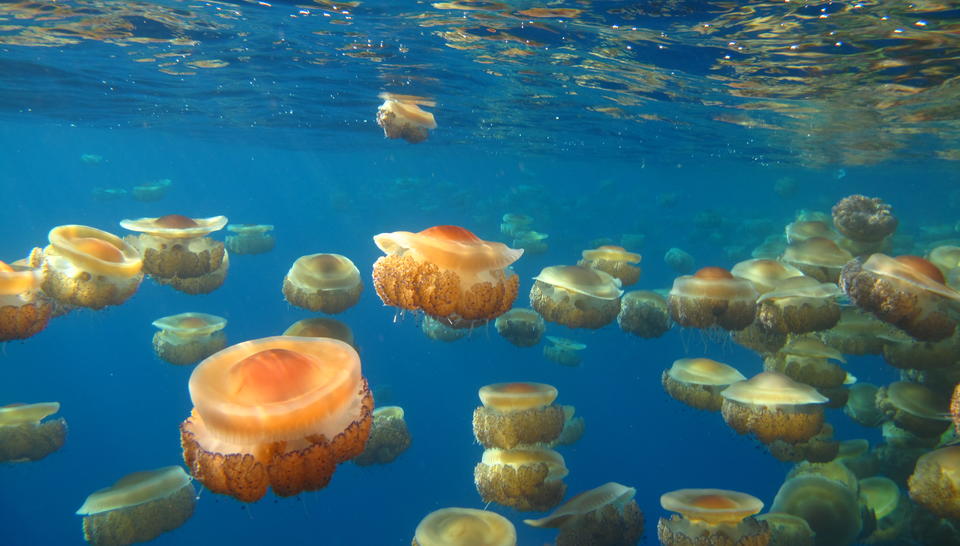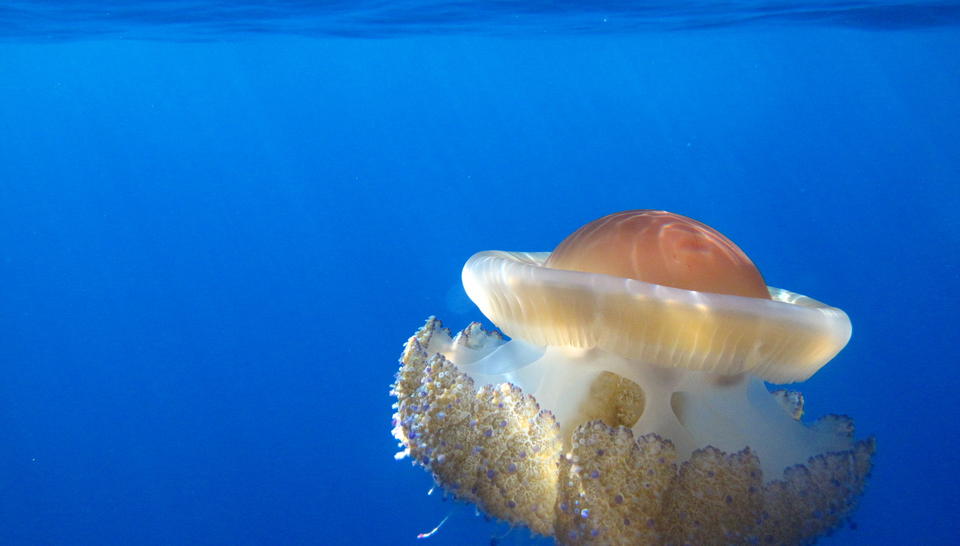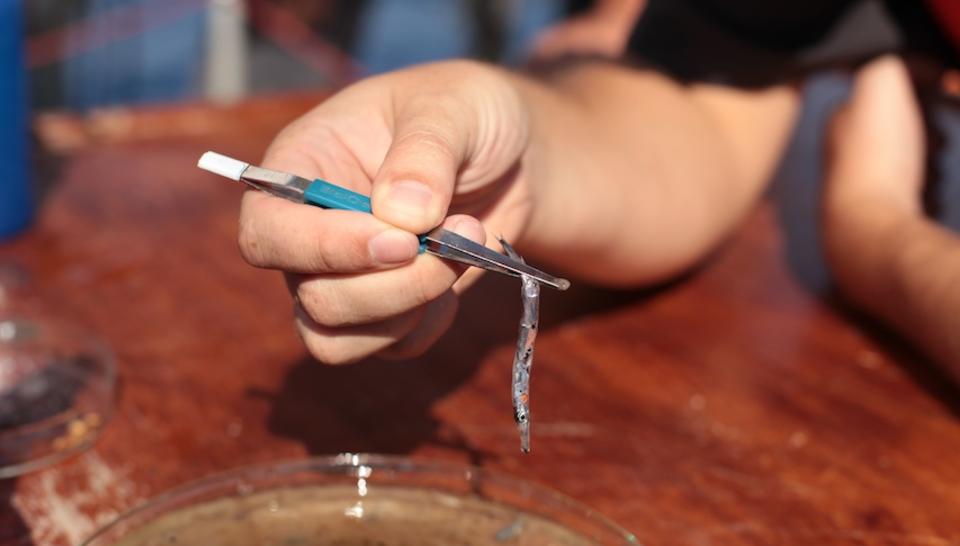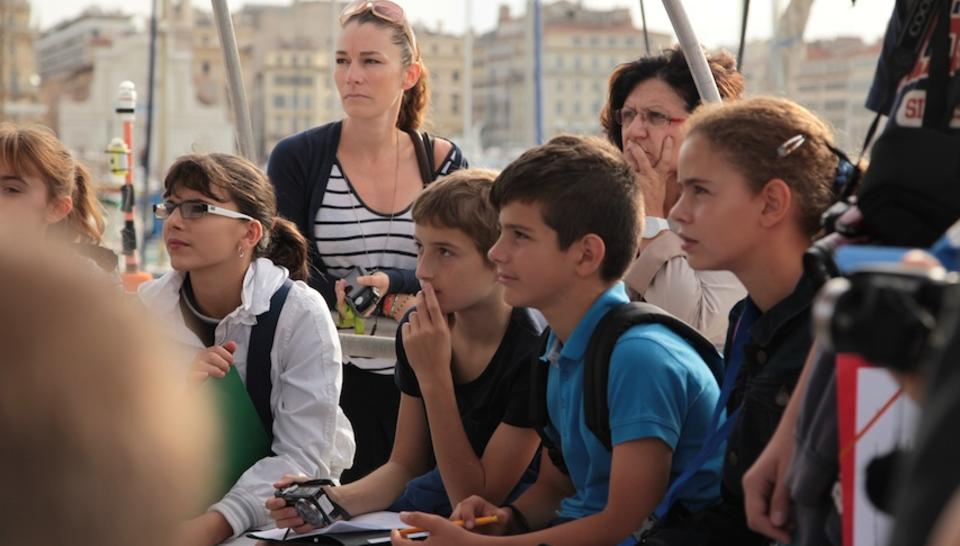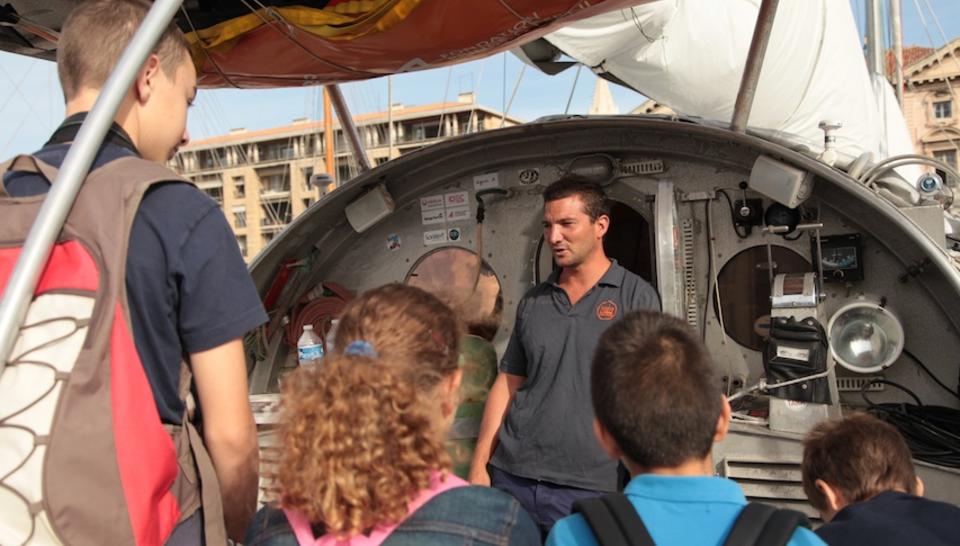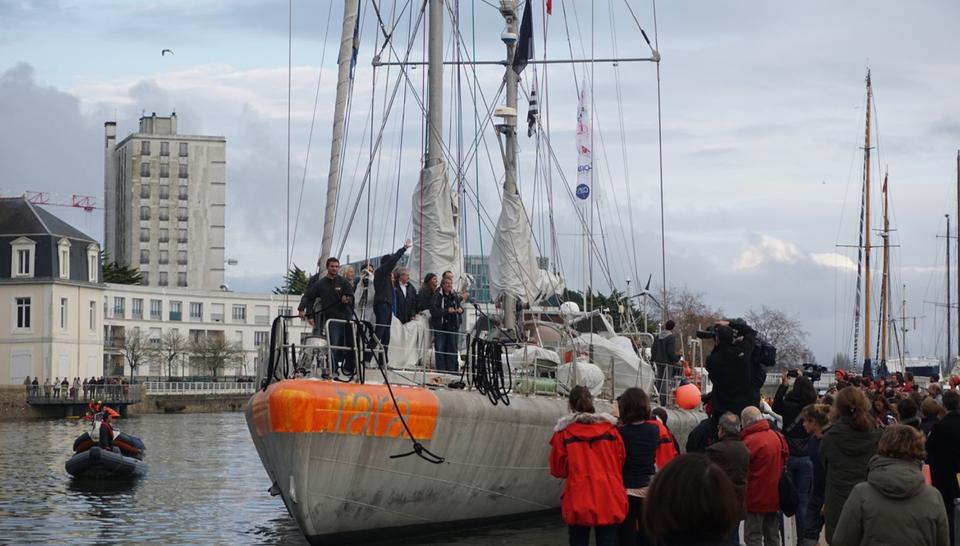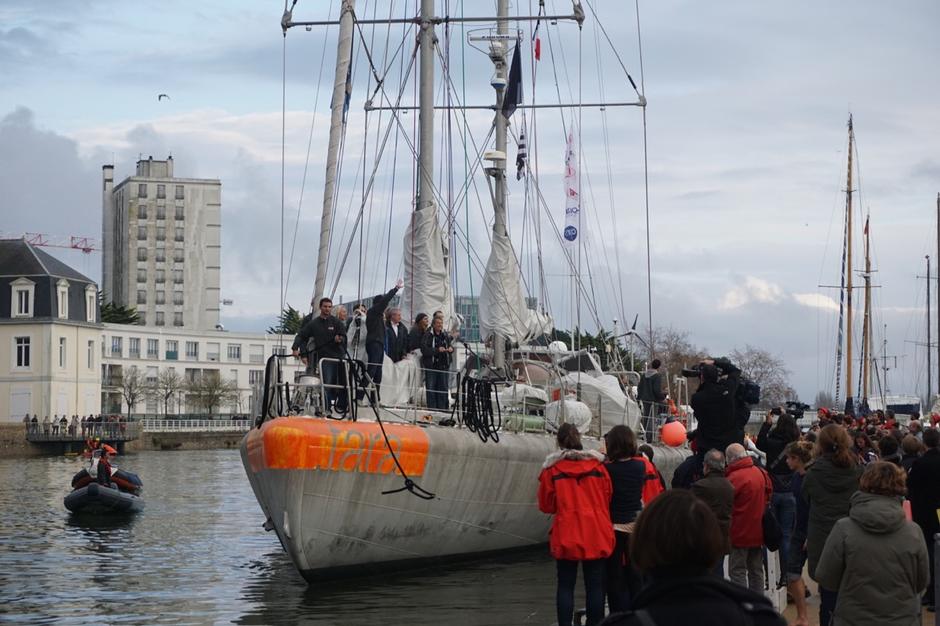
Environment and Biodiversity
Place
Méditerranée, France
Grant
€160,000 to the Board of Administration at 2014/03/17
Project leader
450 million people live on the Mediterranean seaboard, spread among 22 riparian countries. With its geographic and climatic characteristics, the Mediterranean also shelters nearly 8 % of the global marine biodiversity, although it only accounts for 0.8 % of the total oceanic domain. Its megalopolises are saturated today - the Mediterranean carries 30 % of world maritime traffic and the problems arising from onshore pollution are increasing, threatening the marine ecosystem, which is crucial for the population and for life in general. Among these pollution sources, the growing presence of microplastics in the sea and its probable incorporation in the food chain, and hence in what we eat, is a serious issue. There is therefore an urgent need to proceed toward concrete solutions, such as water treatment, waste management, innovation for a biodegradable plastic, the promotion of sustainable tourism and the creation of protected marine areas recommended for decades by the UN convention on biological diversity and by the European Union.
71% of the surface of the globe is covered by ocean
25% of the carbon released into the atmosphere every year by human activity is absorded by the oceans
70-90% of the waste found in the environment consists of plastic
Raising awareness of marine conservation and...
This expedition, the tenth for Tara since 2003, also gives Tara Expeditions the opportunity to promote the efforts of local and regional nonprofits and to educate the public at large about the many environmental challenges associated with this virtually landlocked sea. At each port-of-call, a traveling exhibition and films will be shared with the local publics. Students from the local schools will be welcomed on board. And, throughout the expedition, artists brought aboard during the sailing phases will record their observations.
Scientific study of plastic debris
At the same time, a study will be conducted to qualify the nature of the plastic fragments and to quantify their distribution by size and weight. The results of this study, run by the University of Michigan (USA) and the CNRS Villefranche-sur-Mer Laboratory, will offer a basis for action to guide the decision-makers of the 22 Mediterranean riparian countries toward a better understanding of the pollution hazard. The accumulation of plastic debris in nature is in fact one of the major environmental concerns of our times, and we know very little about what happens to plastic at sea and about its impact on the dynamics of the ecosystems. The results of this study will provide a basis for arguments to guide the decision-makers of the riparian countries toward a better grasp of this type of pollution, and should also encourage industrial innovation in favor of biodegradable plastics!
The Veolia Foundation is supporting this project by participating in the sampling costs, the acquisition of scientific equipment, and by contributing financially to the traveling exhibitions, the production of documentaries and the organization of a restoration workshop bringing together local leaders, environmental firms and civil society, during the French stopovers (Marseille, Nice, Toulon and Monaco).
The program has also received the backing of many multilateral institutions like MedPAN, the Environmental Directorate of the European Commission, and the Intergovernmental Oceanographic Commission (Unesco/IOC).
0.8 % of the total oceanic area
8 % of the marine biodiversity
30 % of maritime traffic
450 million riparian population
22 riparian countries


